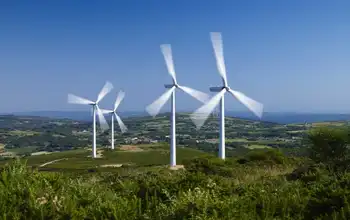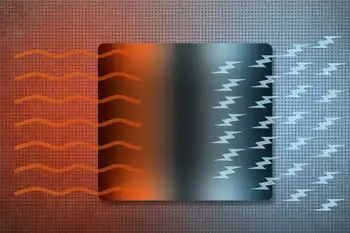Days of the incandescent bulb are numbered
Environmental "standards" will start eliminating 276 versions of incandescent light bulbs in 2012, and the drop-dead date for our favorite 100-watt light bulb is just one year away.
Then, we will be able to buy only more expensive but allegedly more energy-efficient lighting products such as compact fluorescent lamps CFLs that are supposed to reduce greenhouse gas emissions and force us to do our duty to save the planet. CFLs are also supposed to reduce our dependence on oil, but that's not persuasive because only 1 of our electricity is made by oil. The repeal bill, called the Better Use of Light Bulbs BULB Act, introduced by Rep. Joe Barton, R-Texas, Michael Burgess, R-Texas, and Rep. Marsha Blackburn, R-Tenn., will die at the end of 2010. We should start now to line up members to back repeal in the newly elected Congress.
When Elena Kagan was asked in her confirmation hearing by Sen. Tom Coburn, R-Okla., if it would be constitutional for the government to order all of us to eat "three fruits and three vegetables every day," she evaded answering.
She's part of the liberal Obama administration that is committed to the unconstitutional notion that government should tell us how to spend our own money and live our lives, even within our own homes.
The essence of ObamaCare is forcing Americans to buy health insurance they don't want. Judge Henry Hudson just ruled it is unconstitutional to force Americans to buy health insurance, and we shouldn't be forced to buy light bulbs we don't want.
Newer lighting technologies are on the drawing board, but Americans don't need government to compel us to purchase a new product. We easily advanced from kerosene lamps to Edison's light bulbs, from horse and carriage to cars, and from cassettes to CDs and DVDs without any laws to mandate those changes.
CFLs are so toxic because of the mercury in the glass tubing, the cleanup procedure spelled out by the Environmental Protection Agency is downright scary.
The EPA warns that if we break a CFL, we must take the pieces to a recycling center and not launder "clothing or bedding because mercury fragments in the clothing may contaminate the machine and/or pollute sewage."
CFLs must be rather dangerous if they will pollute the sewage.
CFL bulbs don't work well in colder temperatures, and most cannot handle dimmer switches broken CFL bulbs allegedly cause migraines and epilepsy attacks. Their supposed capacity to save energy is exaggerated because, since CFLs do not emit as much heat, we'll have to compensate by turning up our thermostats in winter months.
The one result of CFLs we are sure about is they export American jobs to China, where manufacturers benefit from cheap labor. General Electric has already closed factories in Kentucky and Ohio, and this month it is closing its major light bulb factory in Winchester, Virginia, that employed 200 people.
The EPA has issued 91 pages of rules to force manufacturers to change their packaging to make CFLs more attractive to reluctant customers. The new labels get rid of the watt as the measure of light a bulb puts out and replace it with the lumen, making it difficult for Americans to select the right bulb.
Globalists give the usual propaganda about our obligation to follow the rest of the world. Cuba in 2005 exchanged all incandescent light bulbs for CFLs and banned their sale and importation, but surely we shouldn't take our lead from Cuba.
Rep. Fred Upton, R-Mich., has been credited with banning incandescent light bulbs, along with imposing obnoxious regulations and phase-out dates. He's now not so eager to claim credit for that law.
When asked in September about his authorship, Upton said, "It was Jane Harman's bill with Denny Hastert and others."
By November, he was promising that if he becomes chairman of the House Energy and Commerce Committee, "we'll be re-examining the light bulb issue, no problem."
By December, he was saying that "we have heard the grass roots loud and clear, and will have a hearing early next Congress. The last thing we wanted to do was infringe upon personal liberties — and this has been a good lesson that Congress does not always know best."
Rep. Cliff Stearns, R-Fla., summed it up: "The misguided ban on incandescent light bulbs needs to be repealed. Banning a product that has been used safely for more than 100 years in favor of Chinese imported CFLs that pose considerable health risks is yet another example of more government intrusion into Americans' personal lives."
Related News

Ottawa won't oppose halt to Site C work pending treaty rights challenge
VANCOUVER - The federal government is not going to argue against halting construction of the controversial Site C hydroelectric dam in British Columbia while a B.C. court decides if the project violates constitutionally protected treaty rights.
Work on Site C suspended prior to First Nations lawsuit
However a spokeswoman for Environment Minister Catherine McKenna said Monday the government will continue to defend the federal approval given for the project in December 2014, even though that approval was given using an environmental review process McKenna herself has said is fundamentally flawed.
The Site C project is an 1,100-megawatt dam and generating station on the…





